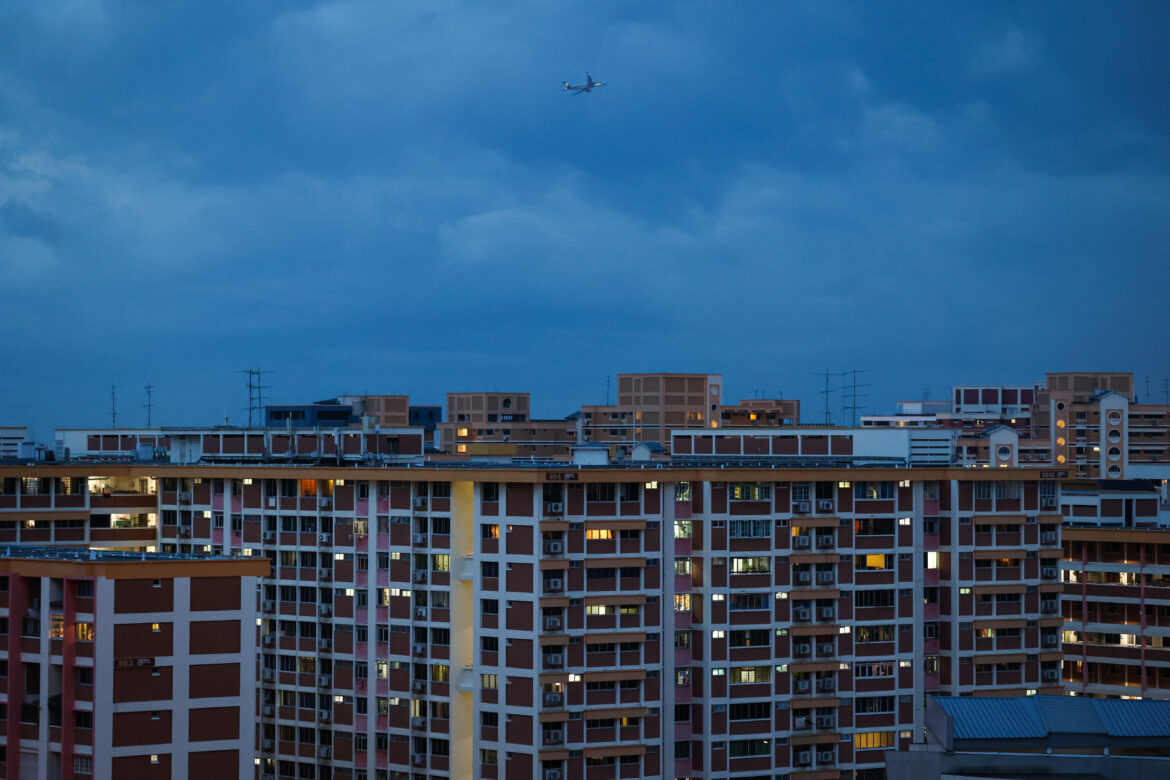The Housing and Development Board (HDB) has reported hearing around 27,600 noise dispute complaints from residents in 2022, a palpable increase of more than five times the number of cases heard in 2019. Some of the most common pain points raised include inter-floor noise such as the slamming of doors and dragging of furniture.
Mediation By Default
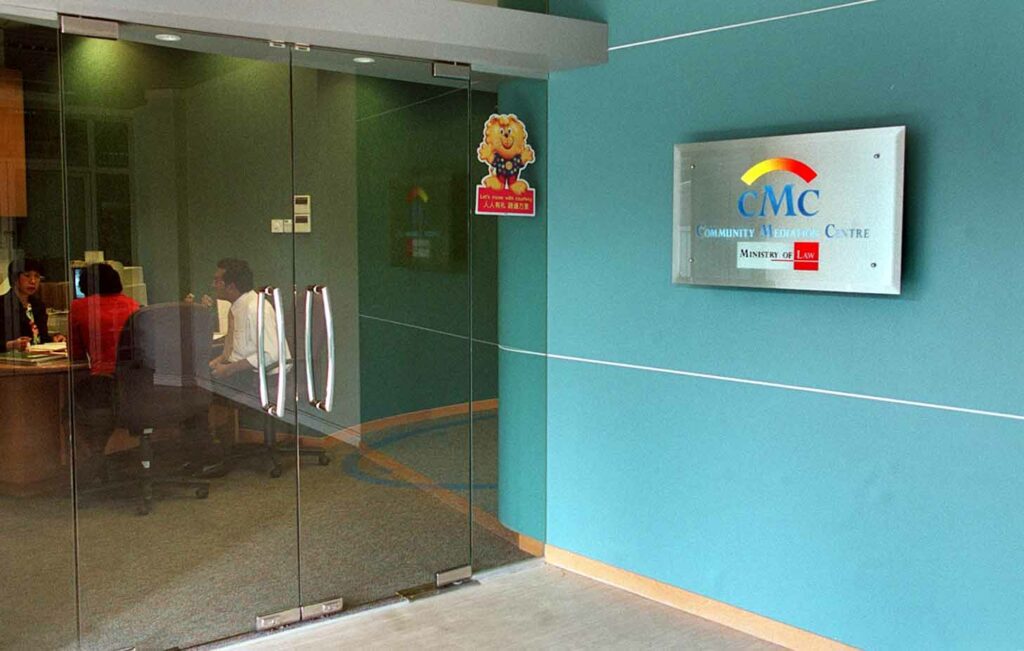
Swift resolution of disputes through mediation by a third party is the next course of action if it remains unresolved despite attempts to address the issue mutually. Conducted by the Community Mediation Centre (CMC), mediation involves a trained neutral third party called a mediator, who facilitates a conversation between the two parties at the centre of the noise complaint.
The process entails encouraging both parties to share their side of the story either in the same session or individually in separate sessions. After listening to both sides, the mediator guides the two parties towards a resolution that is mutually agreeable to both. The process culminates in both parties signing a written agreement to abide by the solution.
Residents may call CMC’s enquiry line at 1800-CALL-LAW (1800-2255-529) from Monday to Friday (excluding public holidays), 8.30am to 5pm.
A New Dedicated Task Force
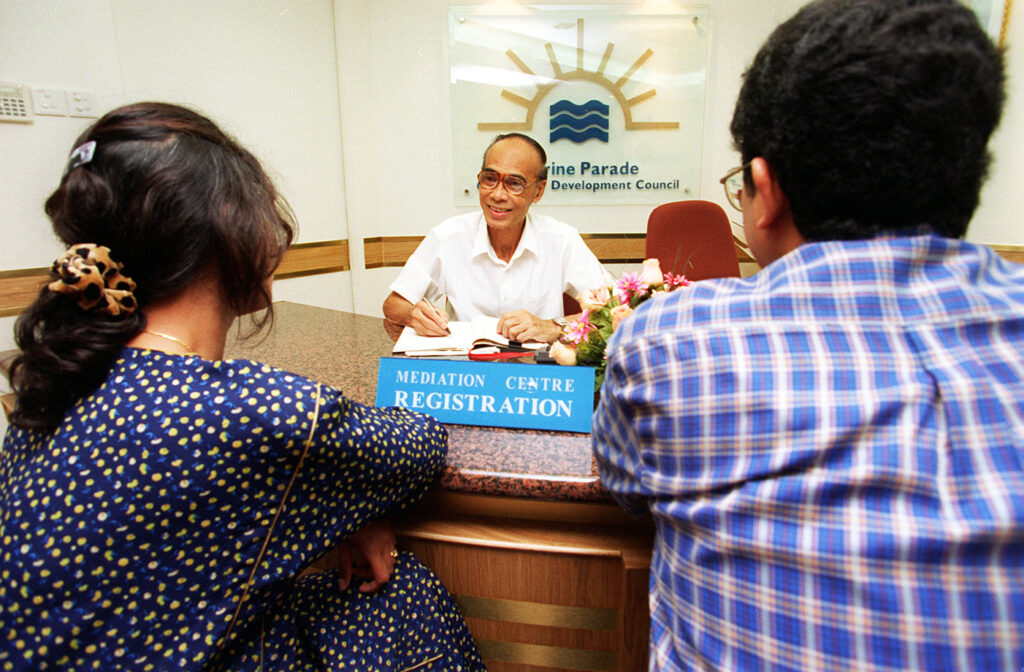
While it is ideal that both parties seek a solution either among themselves or through the intervention of grassroots leaders and without involving the authorities, this may not be an option for everyone.
To provide better support to critical cases, the Municipal Services Office (MSO) will unveil a new unit by the end of 2023 to help resolve such conflicts. This specialist unit will have the formal authority to enact laws to curb disruptive behaviour and investigate disputes alongside other civil authorities such as the police, community mediators and even the courts. This will vastly empower the new taskforce to take on a more active approach, such as conducting an on-site probe of noise complaints.
Ms Sim Ann, Senior Minister of State for National Development, hopes that by bestowing greater investigative powers, “this unit of dedicated personnel can deliver the right amount of intervention, bring relief to those who have a genuine grievance, and discourage the wilful weaponisation of noise.”
Mandated Early Intervention for Acrimonious Disputes
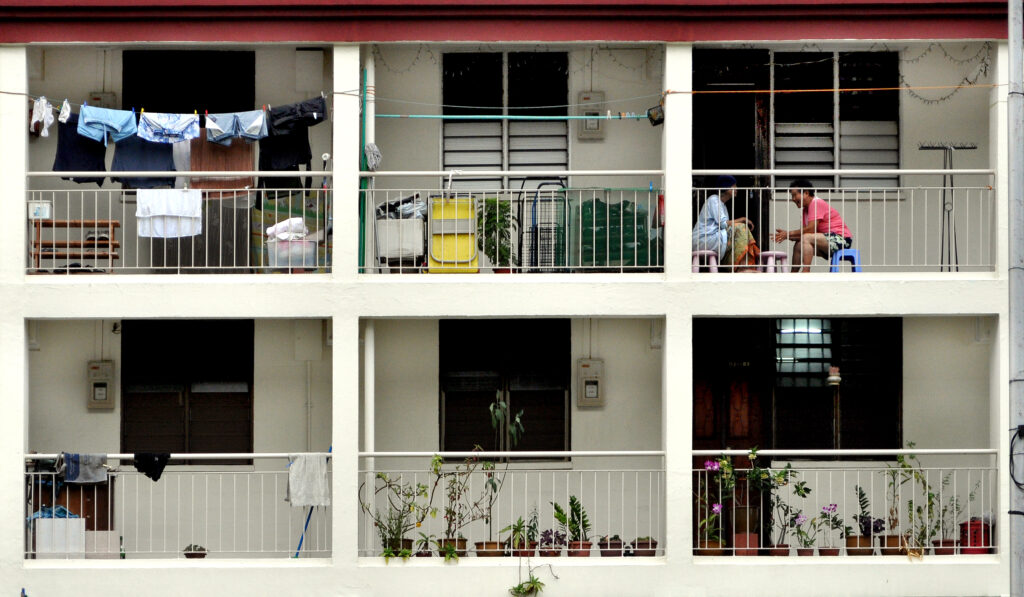
One of the laws would seek to improve the existing Community Dispute Management Framework, which would entail mandating mediation for irreconcilable noise-related conflicts.
The move is intended to address the crux of noise disturbances at an early stage so that the involved parties can resolve this conflict amicably. In fact, Mr Edwin Tong, Minister for Culture, Community and Youth and Second Minister for Law, reports that 80% of cases at the Community Mediation Centre reach a peaceful settlement.
Once this move is officially in place, residents can no longer file claims with the Community Disputes Resolution Tribunal and may even face penalties if they do not go through the mediation process for noise-related conflicts. This directly addresses the staggeringly low residents’ participation rate of 30% who consent to mediation voluntarily.
Quoting distance as one of the main factors that deters residents from mediation, Mr Tong said that residents can now seek mediation services at six satellite locations at select ServiceSG Centres and Community Clubs. This is in addition to available online mediation services that are currently being tested at two group representation constituencies. By bringing the convenience and accessibility of mediation services closer to residents, Mr Tong is hopeful that more people will seek them out should they feel the need to do so.
A Step Towards Stronger Communities
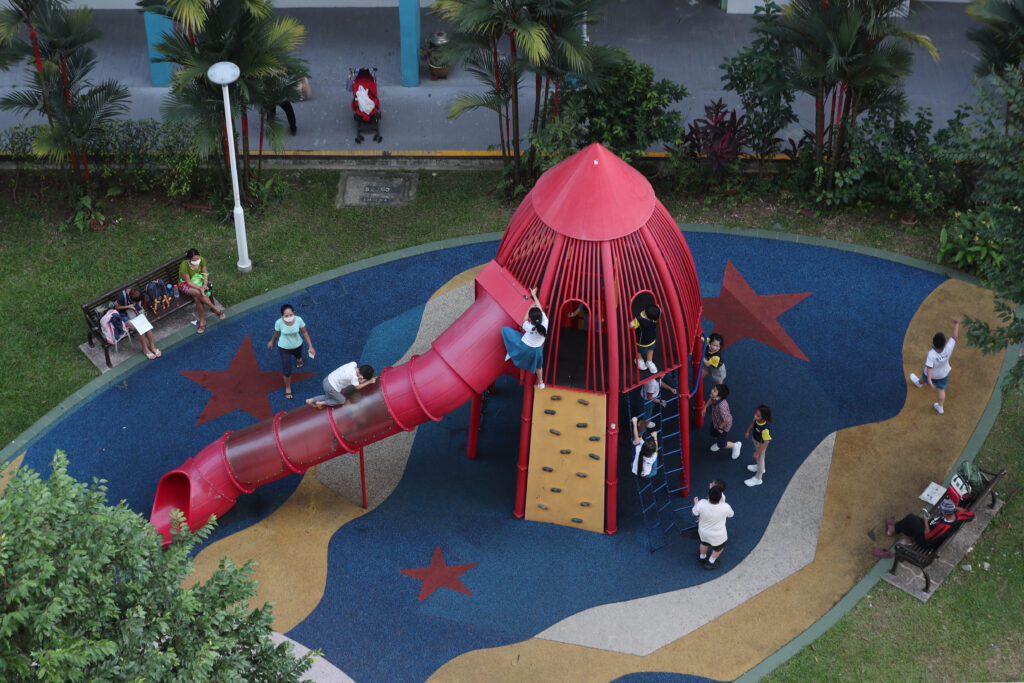
It must be stressed that this new and improved framework will continue its primary function – as a final resort for critical cases. It is recommended that residents resolve disputes of such nature among themselves before involving any investigative authority, a point reiterated by Ms Sim. She shared that this new measure is not intended to stunt the community’s capacity to resolve disputes early when they first occur, and that an overreliance on extreme intervention would only weaken the kampung spirit over time.
The MSO will also dedicate an experiential space in the latter half of 2023 to inform the public of the importance of noise management in their daily lives, as well as the negative impact of inter-floor noise. Additionally, the MSO is exploring a conclusive recommendation by the Community Advisory Panel on Neighborhood Noise to extend the quiet hours by an hour and a half every day.
The ministry is currently still finalising the nuances of this new initiative, and specific conditions will be shared with the public in the near future.

